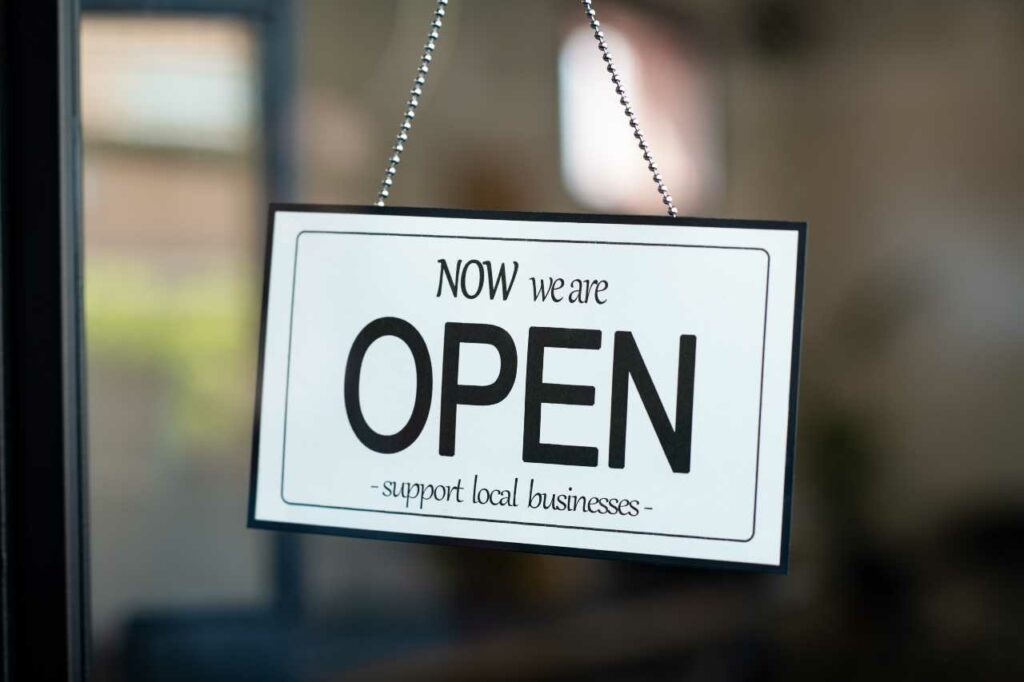
You can insure almost anything these days. However, some types of insurance are more important to understand and purchase than others! Commercial insurance is essential for any business, regardless of industry, to protect your investment. However, navigating the world of business insurance can be overwhelming, especially when confronted with a plethora of complex terms and jargon. Understanding business insurance terms is crucial for owners to make informed decisions and protect their finances in case of an accident or catastrophe. Read on for a comprehensive guide that helps you confidently understand the world of commercial insurance and make the best choices for your company!
Common Business Insurance Terms
Let’s start with the basics – here are some of the most commonly used business insurance terms you need to understand.
1. Premium
The premium is the amount your business pays an insurance company for coverage. This is typically paid regularly, such as monthly, quarterly, or annually to cover the company against property damage, liability claims, and other risks.
2. Policy
A policy is a contract between the business and the insurance company that outlines the terms and conditions of the insurance agreement. It specifies what is covered, excluded, limitations, deductibles, and other details.

3. Coverage
Coverage is the protection provided through an insurance policy. For example, a retail store might have coverage for property damaged in a fire, hurricane, or natural disaster and for injuries to workers or customers on their property.
4. Deductible
The deductible is the amount the company must pay out of pocket before the insurance coverage starts. For example, a restaurant has a property insurance policy with a $5,000 deductible. If the losses total $20,000, the restaurant pays the first $5,000, and the insurance policy covers the remainder.
5. Liability Coverage
Liability is a legal responsibility or obligation. In commercial insurance, liability coverage protects your business from financial losses and legal claims. This covers many potential instances, including injury, property damage, operational damages, products, and services. For example, if a customer slips and falls at your restaurant, liability coverage would help cover medical and legal costs resulting from the accident. There are several types of liability coverage, and consulting with a professional insurance broker will help you determine which are necessary for your business.
6. General Liability Insurance
General liability insurance covers physical risks. This insurance covers incidents caused by a business’s operations, products, or services. This can include property damage, bodily injuries of customers on your properties (this does not include employee coverage), medical payments, reputational harm (such as slander, lawsuits, etc.), lawsuit damages, and advertising injury.
7. Business Interruption Insurance
Business interruption insurance covers lost income and expenses if a company must temporarily close for a covered event. For example, if there is a natural disaster and a retail store is forced to close, business interruption insurance would compensate for the lost income and cover ongoing expenses such as rent, employee wages, and utilities during the closed period.
8. Professional Liability Insurance

Professional liability insurance is essential for companies that provide professional services. Also known as errors and omissions insurance, it differs from general insurance because it protects your business against claims of negligence, errors, or mistakes in services rendered or advice given. For example, if a preparer in your tax firm makes an error, professional liability insurance helps cover any resulting financial losses or legal claims.
9. Workers’ Compensation
Workers’ compensation insurance is essential to protect your business in case of an employee injury. If an employee is in a workplace accident, workers’ compensation provides wage replacement and medical benefits, limiting liability and financial strain.
10. Commercial Property Insurance
This property insurance covers physical assets owned by a business. This can include your buildings and property and cover equipment, inventory, and furniture. Say a construction company stores heavy machinery in a warehouse impacted by a flood – commercial property insurance would kick in to compensate for these damages.
11. Product Liability Insurance
Companies that manufacture or distribute products require product liability insurance. It covers claims arising from injuries or damages caused by defective products. For example, if you manufacture kitchenware and are sued for a faulty product that injures a user, your product liability insurance will cover legal costs and damages.
12. Cyber Liability Insurance
Cyber liability insurance protects your business from many technological incidents in the internet age. This can include cyber attacks, data breaches, and other technology failures. Cyber liability insurance is useful for businesses with sensitive records or credit card processing. It covers costs around data recovery, legal fees, notification expenses, and legal suits.
13. Umbrella Insurance Policies

Umbrella insurance policies are additional liability coverage policies. They go beyond the limit of your primary insurance policy to offer an extra layer of protection during catastrophic events or large lawsuits. If you’re concerned that your insurance isn’t enough or that you could exceed the maximum coverage limits of your primary policy, talk to an insurance broker about adding an umbrella policy for your peace of mind.
Why Understanding Insurance Terms is Crucial for Business
A clear understanding of business insurance terms can help owners make informed decisions regarding their insurance needs. When you understand the technical jargon, you can always be sure you are selecting the right coverage for your business’s specific risks. You can evaluate your policy options and compare and contrast different insurance providers, coverage options, deductibles, and premiums more easily.
Ultimately, this helps you assess your risk exposure and make proactive decisions based on your financial situation and risk tolerance. Lastly, understanding insurance terms is essential to utilizing your insurance policy when filing a claim. If you fully understand your policy and terms, you will be confident about knowing what coverage you are entitled to in the event of an incident or loss. The best course of action is often to consult a professional commercial insurance broker, who can help assess your business needs and find the perfect, comprehensive protection for your investment.
How Harvey Insurance Agency Can Help
Are you in the market for business insurance? Harvey Insurance Agency is here to help! Our professional team of experienced brokers is here for every commercial insurance need. We get to know your company, operations, and specific requirements and ensure we find the most suitable and comprehensive coverage for every aspect of your business. Contact Harvey Insurance Agency for more business insurance information or personalized guidance based on your business needs.

